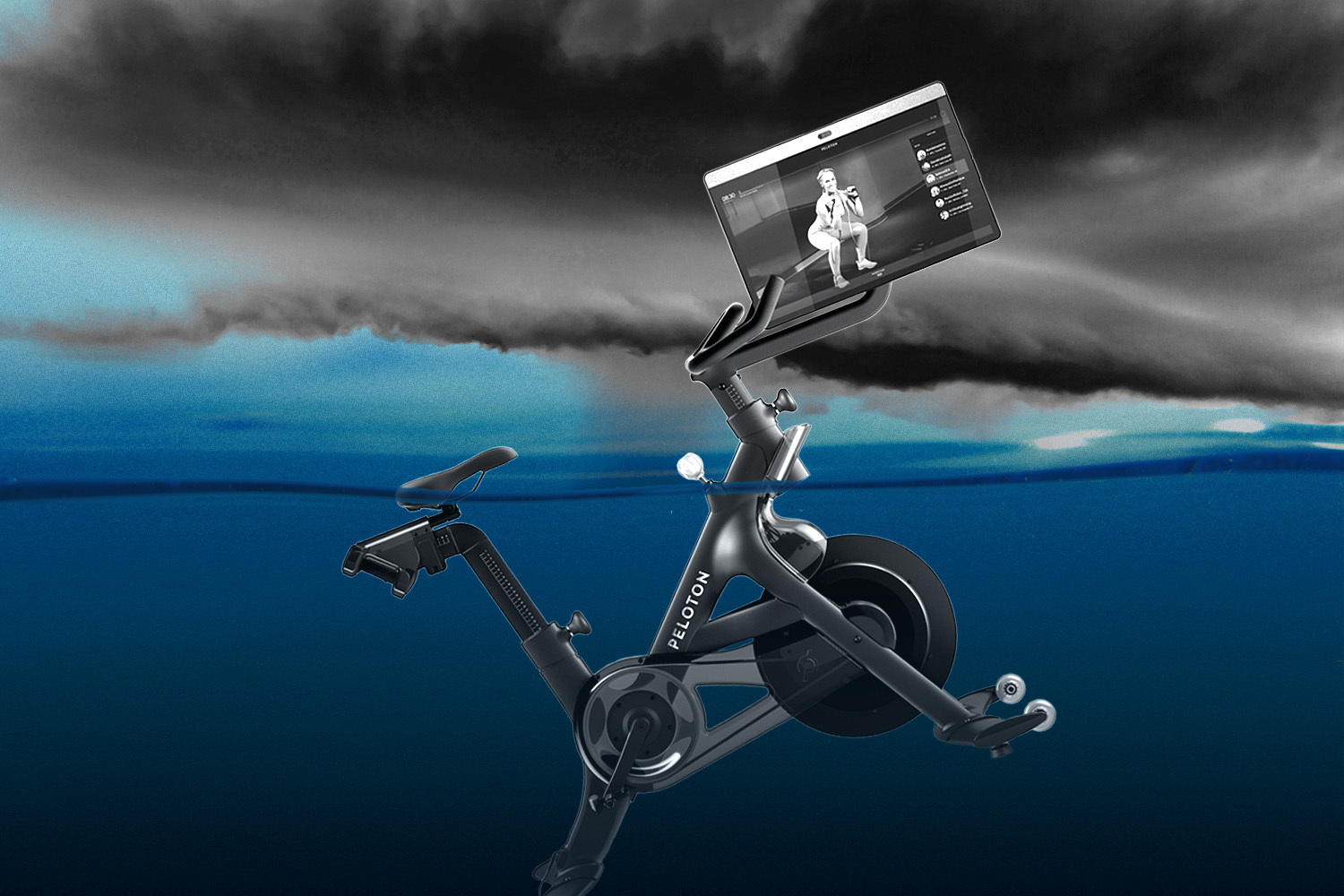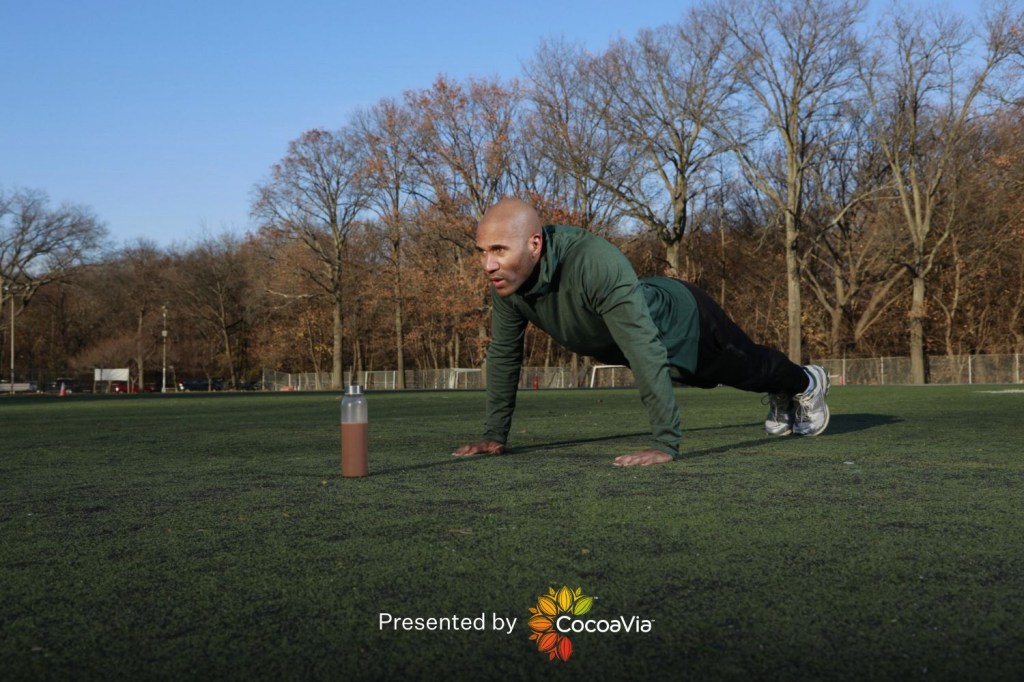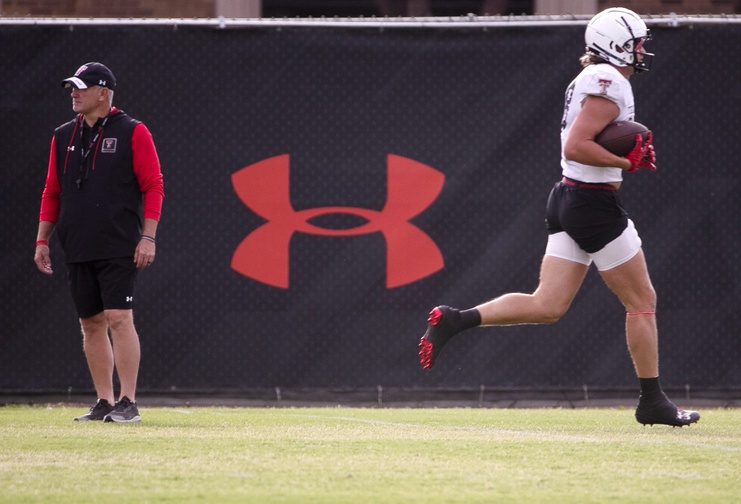Peloton’s performance has been abysmal.
Those aren’t my words. They’re the words of one of the main characters in the most recent chapter of the Peloton saga: Blackwells Capital.
Blackwells, which owns a collective 5% of Peloton, has been outspoken about its misgivings regarding Peloton’s management. Over the past year, Peloton has seen its share price erode roughly 76% amidst myriad issues ranging from the supply chain to pricing to safety.
The cumulative mishaps seemingly came to a head on Feb. 8, when Blackwells sent Peloton a 65-page dossier outlining the company’s gross mismanagement.
The presentation went viral, CEO John Foley stepped down from his role, and former CFO of Netflix and Spotify Barry McCarthy has taken on the mantle of corporate savior.
The foundation has been laid for a comeback of epic proportions, but it’s important to look at the big picture. Is this a comeback? Or was the rise and fall of Peloton just the function of one of the greatest bear markets of all time?
Let’s dig in.
How Did We Get Here?
Peloton comes from humble beginnings. When John Foley founded the company back in 2012, investors were less than enthused.
- Foley was unable to sell the concept of a “home SoulCycle” to any Silicon Valley investors and ultimately had to settle for a $400k seed round which valued the company at $2 million.
- Fast forward to 2019 and the company would IPO at an eye popping $8.1 billion, a return of approximately 405,000%.
In the interim, John Foley was architect of one of the greatest consumer products of all time. For all his purported missteps over the past 18 months, Foley did build an amazing product.
Peloton boasts one of the highest NPS scores – a measure of the quality of a given product from 1-100 with 100 being the best – of any company while also having an incredibly low churn rate (reported at 0.73% monthly churn for 2021).
As the bike grew in popularity, so too did the adoption of connected fitness as a concept.
In many ways, Peloton was what’s known as a category creator. Prior to the bike, there were not great use cases for or examples of tech- and subscription-based workout tools. Since its invention, however, we’ve seen all kinds of technology based at-home fitness companies crop up.
From inception to IPO, Peloton engaged in 13 separate capital raises, raising a reported $2.5 billion prior to going public in 2019. As a fledgling public company, Peloton continued to grow as if it were a startup. From 2019 to 2021, the company grew its user base from 1.4 million to 5.9 million representing 321% growth.
Much of that growth can be attributed to the pandemic. In May 2020, Peloton saw quarterly sales show a 66% uptick while demand for the company’s bikes were at an all-time high.
Then came the issues.
It’s All About Demand
The Blackwells memo purports various claims of financial negligence and governance issues. While much of the presentation can be chalked up as hyperbolic, one thing stands out: Peloton did make a clear error when it came to demand forecasting.
High demand is usually a good thing, but when paired with a global supply chain quagmire and lack of domestic production infrastructure, that same demand can become a burden.
- In mid-2020, the company struggled to fulfill customer orders as the Asian ports became log-jammed and the company came under fire for its inability to deliver products.
- This spurred Foley and team to make a strategic acquisition of the fitness manufacturing company Precor for $420 million and announce plans to build their own manufacturer in Ohio for $400 million.
In a vacuum, this may seem like an astute decision as many analysts believed that bringing the supply chain back to the U.S. would be a key in solving demand issues. There was, however, a catch.
The thesis that more capacity would be required assumes that demand for Peloton products would continue to be “up and to the right.” That simply was not the case.
In a 2020 fourth-quarter earnings call with analysts from Goldman Sachs, Foley stated that the Peloton leadership team had never considered a scenario where the company was creating an excess of supply. He believed that people would simply always want to buy connected fitness equipment.
Foley was wrong. Summer 2021 hit, vaccines became available, and people decided it was time to get back to the gym. The results hit Peloton’s financials — hard.
- The company cut its revenue forecasts by $1 billion
- Inventory doubled to $1.3 billion
- The company reported a net loss of $439 million
- Connected fitness sales fell 8% when compared to 2021
- The company cut the price of its bike by $400
- 2,800 employees were laid off
Forecasting demand is hard. But the assumption that growth was essentially infinite was a bad one and Peloton is paying the price.
With the halting of its current manufacturing of devices for the foreseeable future, Peloton is in the precarious position of having just purchased new manufacturing capacity but not needing to manufacture anything. A tough look to say the least.
A New Hope
The news of Foley stepping down as CEO and into the Executive Chairman role brought with it the fact that there is a new sheriff in town — and his name is Barry McCarthy.
McCarthy could provide Peloton with the operational savvy required to bring them back to prominence.
- He was CFO of Netflix for over a decade, helping transition the company from a mail DVD service to the world’s preeminent streaming service.
- Shortly thereafter he became CFO of Spotify where he led the company’s global ad business.
The new CEO has a tall task in front of him, but with over four decades of heavy finance experiences from banking to his CFO roles, it’s safe to assume that Peloton’s focus will shift to the financials.
Peloton has already announced plans in this area. According to a Feb. 8 press release, the company plans to see $800 million in annual run rate savings along with cutting their planned capital expenditures for 2022 by $150 million.
Additionally, from his resume, you can see that McCarthy fundamentally understands subscription businesses. Ultimately, that is how Peloton wins. If they are able to sort out their demand forecasting, McCarthy has the chops to supercharge the most profitable aspect of the business.
Margins on the subscription side are high and drive meaningful revenue. McCarthy will be tasked not only with growing the existing subscription business, but also with figuring out how to extract more value out of existing customers.
Looking Forward
Did Blackwells ultimately get what it wanted? Yes and no.
John Foley is no longer CEO, but he and his co-founders still own over 50% of the voting shares, meaning that he retains top dog status. Personally, I see this as a good thing.
Foley is amazing at product, he brought the world one of the best pieces of fitness equipment ever. Now, with McCarthy running the day-to-day and spearheading the financial efforts, Peloton has a leadership structure that will likely make it easier for them to succeed.
Think about this: Peloton currently has a market cap of $11.5 billion, just $3 billion more than at the time of IPO. Does this make sense? Not really. The company has more than quadrupled its most valuable asset — users.
With the right leadership, I believe the company is poised to “ride” a new wave of growth.
















